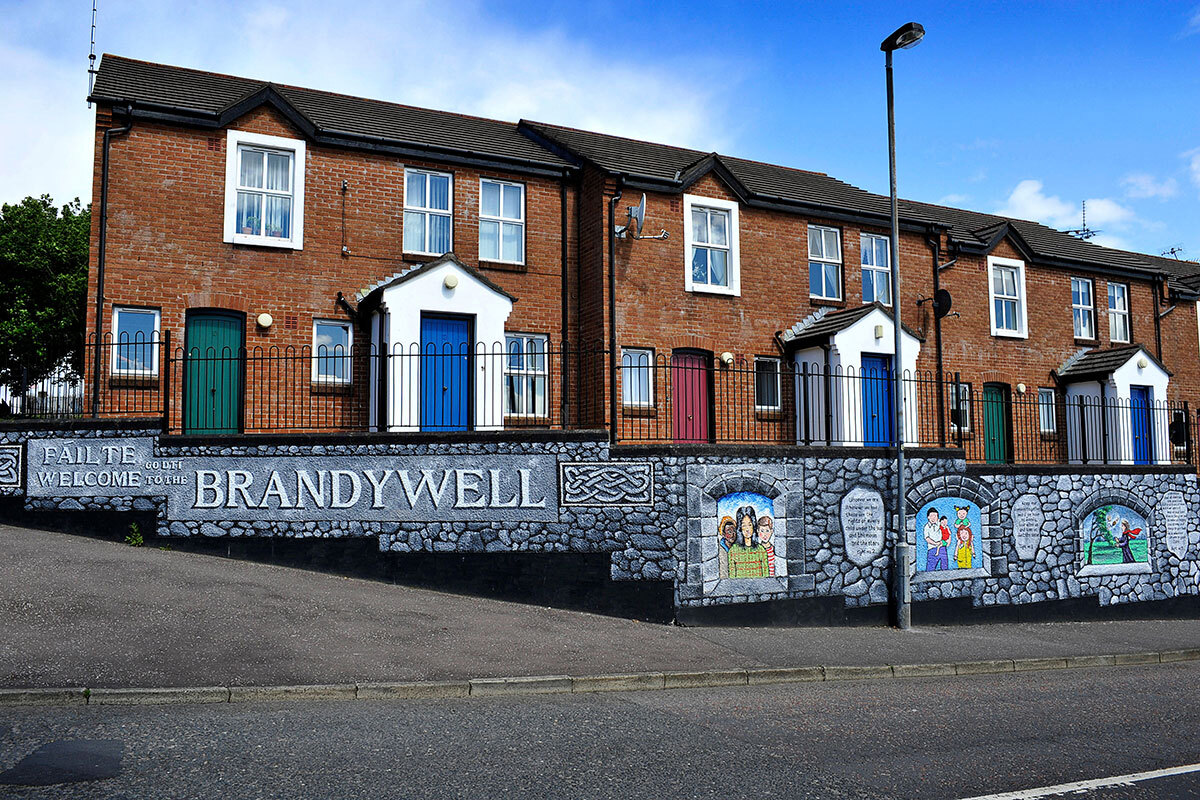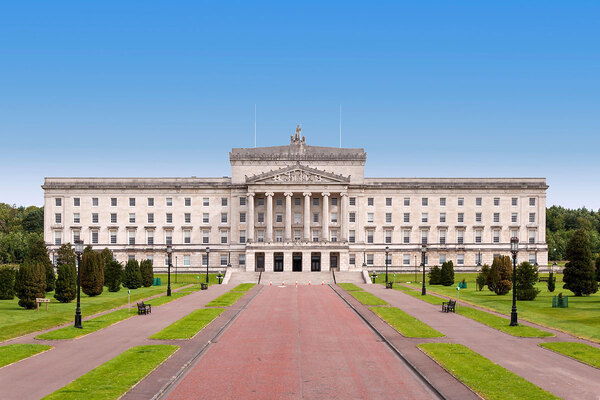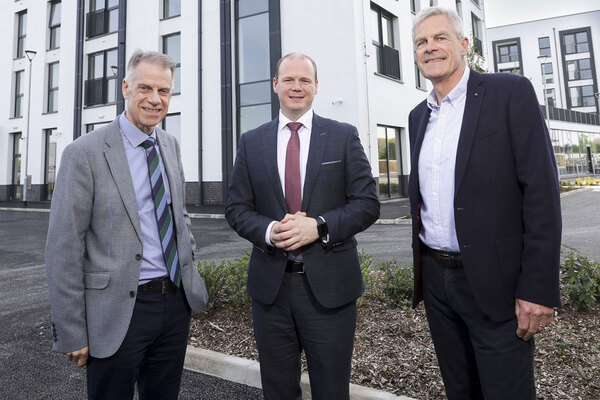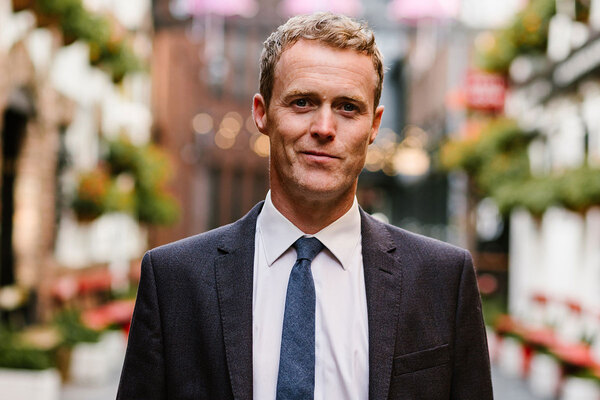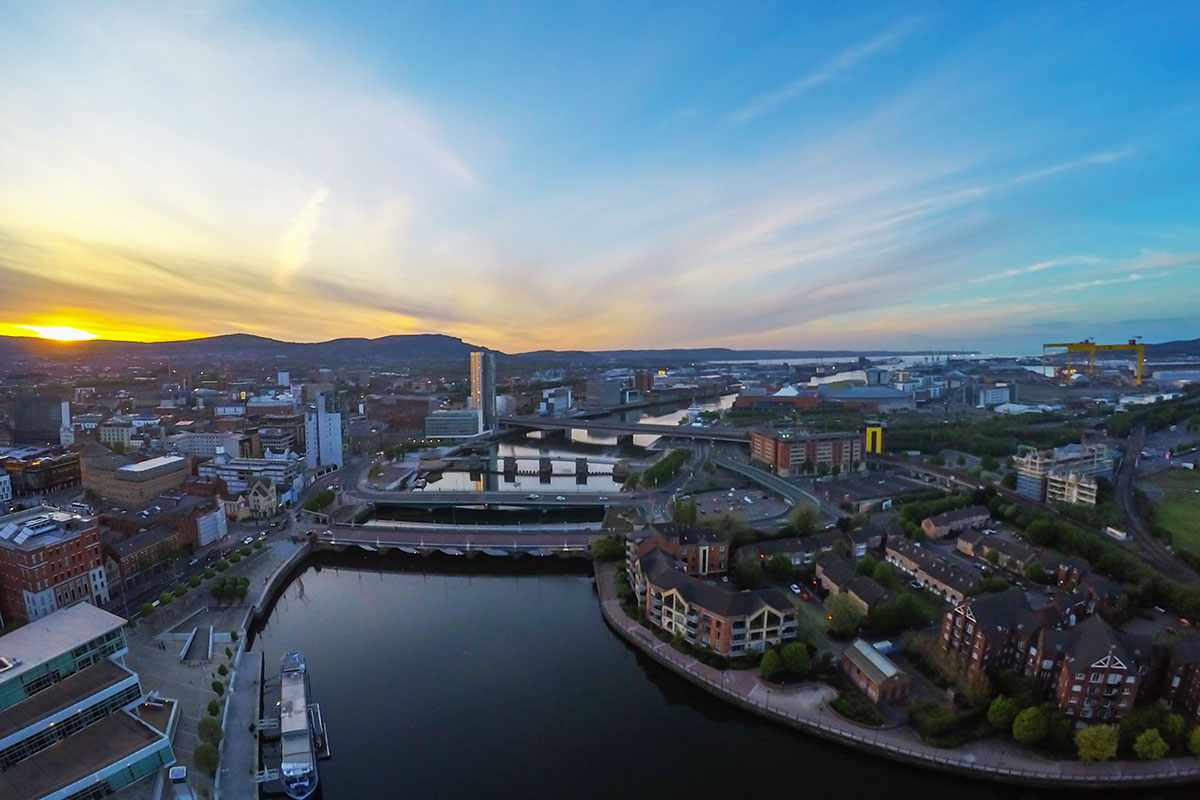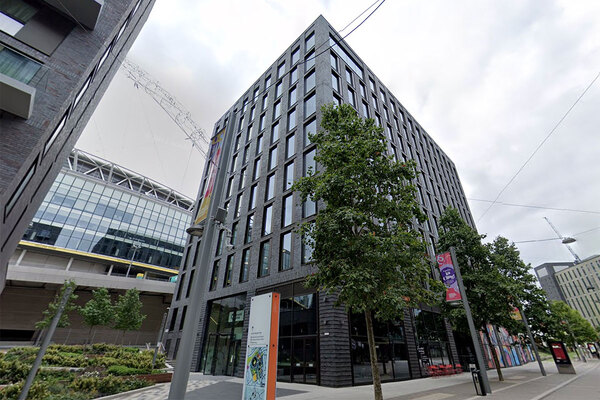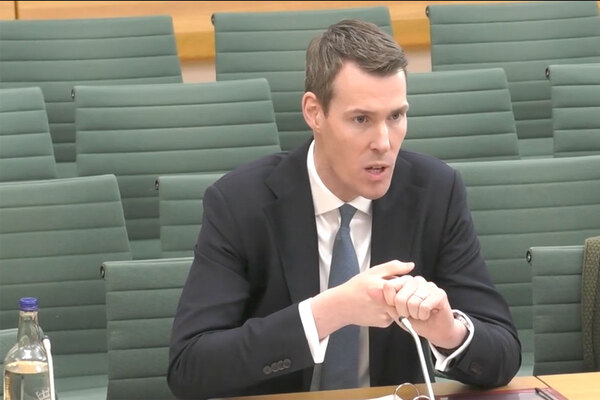Northern Ireland’s social housing waiting list swells by 5% in one year
The number of households on Northern Ireland’s social housing waiting list has risen by nearly 5% in the space of a year, new figures have shown.
The latest housing bulletin from Northern Ireland’s Department for Communities showed that, as of 31 March, there were 47,312 households on the social housing waiting list.
It represented a rise of 1.8% from the last count of 46,461 in December, and an increase of 4.9% from 45,105 at the same time last year.
The latest figures also showed that 75% of households on the waiting list (35,464) were experiencing housing stress.
Over the past decade, the number of households on the social housing waiting list has increased by 18%, from 39,967 in March 2014 to 47,312.
Over the same period, the number of households in housing stress has increased from 21,586 to 35,464, a rise of 64.3%.
Most households in housing stress have homelessness status, equating to 28,614 households in December 2023. The number of households with homelessness status has increased by 130% since March 2013, when the equivalent household figure stood at 12,431.
The latest housing bulletin also revealed that there were 1,106 new social housing development programme starts between January and March, down from 1,527 in the same period in 2023.
A total of 603 new social homes were completed under the programme in the first three months of 2024, up from 475 in the same period last year.
The Department for Communities is facing a cut of 38.2% in its capital budget in 2024-25 compared with 2023-24, which is likely to reduce the number of new social homes being funded. The department’s resource budget is also being cut by 0.6%.
More spending is being diverted to the provision of temporary accommodation from private landlords and B&Bs. In January, officials indicated that the Northern Ireland Housing Executive estimates it will spend £45.8m on temporary accommodation this year, compared with £7.5m five years ago (in 2019-20).
Mark Baillie, policy and public affairs manager at Homeless Connect, the charity, said the figures “starkly highlight” the reality that “tens of thousands of people are simply unable to access affordable and social housing suitable to their needs. Without concerted action and funding, the number of people on the social housing waiting list will only continue to grow.”
Mr Baille explained that rising spending on temporary accommodation did not include funding for homeless charities. The baseline for Northern Ireland’s Supporting People programme has been frozen in cash terms for “over a decade”, he claimed.
He added: “These budget allocations will have very real consequences for people who are at risk of, or experiencing, homelessness. Too many people are finding themselves living with the anxiety of housing instability, living in informal arrangements, unsuitable accommodation or in temporary accommodation.”
The figures come around one month after the Northern Ireland Federation of Housing Associations and the Chartered Institute of Housing called on the government to allocate sufficient funding to the sector to “ensure everyone has access to a decent, high-quality and energy-efficient social home”.
Sign up for our Northern Ireland bulletin
Already have an account? Click here to manage your newsletters
